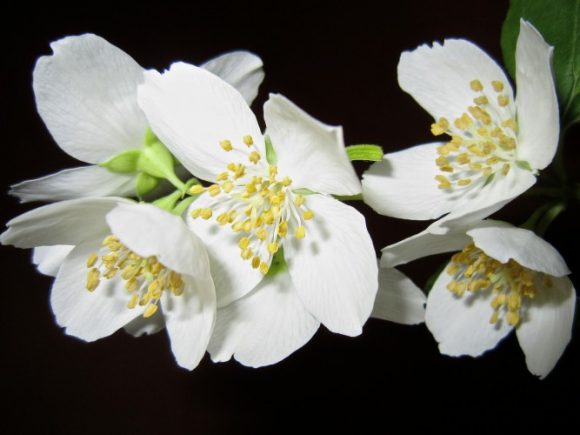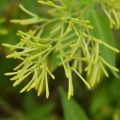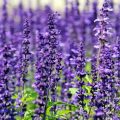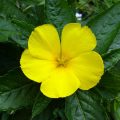- The Miraculous Shiny Bush Plant - January 18, 2021
- Colorful, Edible and Medicinal Celosia - January 10, 2021
- Radish, a Nutritional Power House - December 19, 2020
Jasmine (Jasminum officinale), also known as common jasmine, is a climbing plant of the Oleaceae family. The plant blooms from June to September producing five or eight-cleft calyx, yellow to white flowers. Jasmine is said to have originated from the Himalayas of western China where it is fondly referred to as “Queen of the Flowers” due to its delicate and fragrant nature. In addition, the flower is revered for its healing and uplifting properties. Jasmine natural remedies are great for:
[Note: The Right Flowers is not a medical site. Knowledge of and information about the therapeutic benefits and applications of flowers, while known through the ages, does not constitute medical advice. If you are having health issues, you should consult with a physician.]
Gastrointestinal health
Studies show that jasmine flower extracts are highly effective at stopping the growth of Bacillus cereus, Escherichia coli, and Staphylococcus aureus. These bacteria are usually responsible for many gastrointestinal conditions causing nausea, diarrhea, and vomiting.
Mental health
Jasmine essential oil is known to contain compounds that uplift moods, reduce anxiety and calm frayed nerves. In a study published in the Journal of Health Research, researchers found that the scent of jasmine oil acted on the central nervous system and influenced brain activity as participants reported they felt more energized, romantic and positive.
Another study discovered that jasmine oil used in aromatherapy enhanced behavior arousal compared to a placebo. Researchers found that the oil increased oxygen in the blood and increased breathing rate as well as boosted blood pressure which resulted in participants feeling more alert while alleviating anxiety and depression.
Libido
Jasmine flowers have been used for generations as an aphrodisiac and libido-enhancing remedy by ancient herbalists. Its exotic, fragrant scent helps in lifting moods, dissolving inhibitions and boosting feelings of intimacy. When coupled with its anti-depressant capabilities, jasmine oil relaxes the body and assists people to overcome psychological sexual dysfunctions.
Sedative
Jasmine, whether inhaled or consumed as a tea, has sedative effects. It relaxes and soothes tangled and jangled nerves making it easy for a person to sleep. These sedative properties induce sleep in insomniacs, promote better sleep and regulate irregular sleep patterns.
Reproductive health
Jasmine has been used for enhancing women’s fertility and managing problems related to their reproductive system since time immemorial. The flowers have been shown to be significantly effective in alleviating pre-menstrual syndrome (PMS) and stimulating menstrual flow. In addition, inhaling the oil has been proved to combat and manage post-natal depression.
Truly, this flower deserves the name ‘Queen of the Flowers’ for it occupies a coveted place among flowers due to its many medicinal properties. Jasmine’s natural remedies never failed ancient herbalists and now, research is confirming that they are as effective as our ancestors held.





